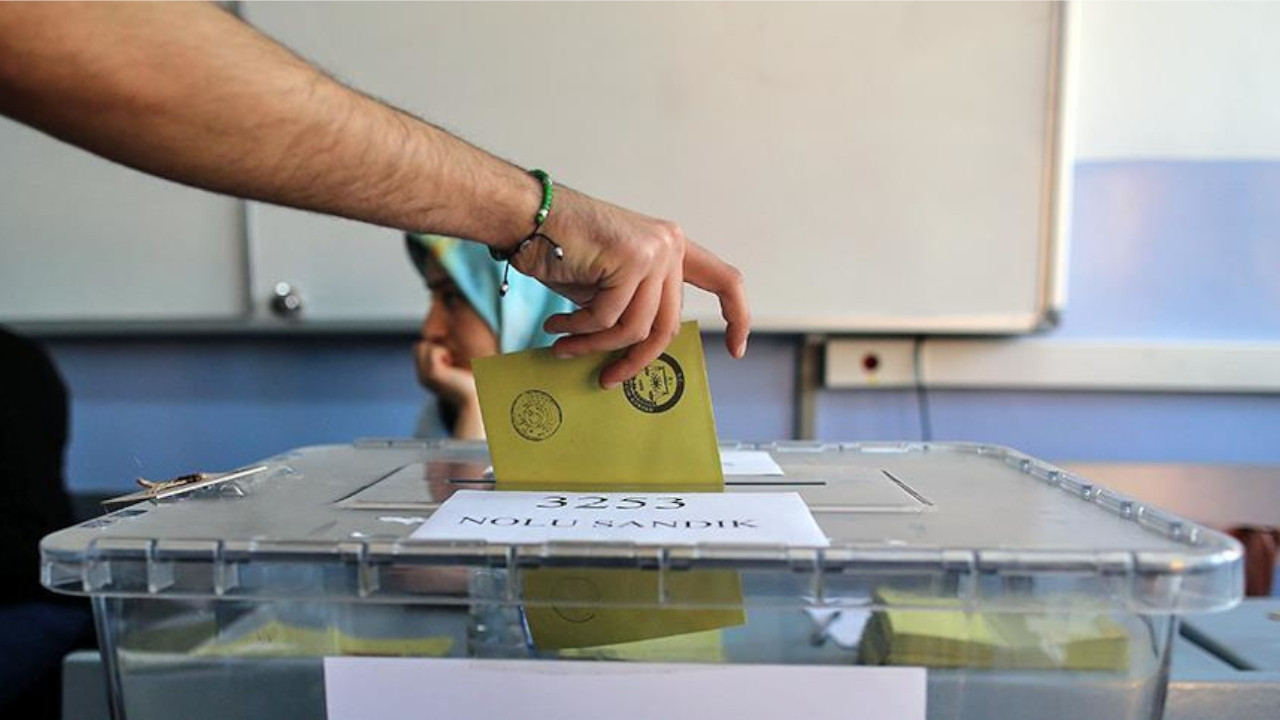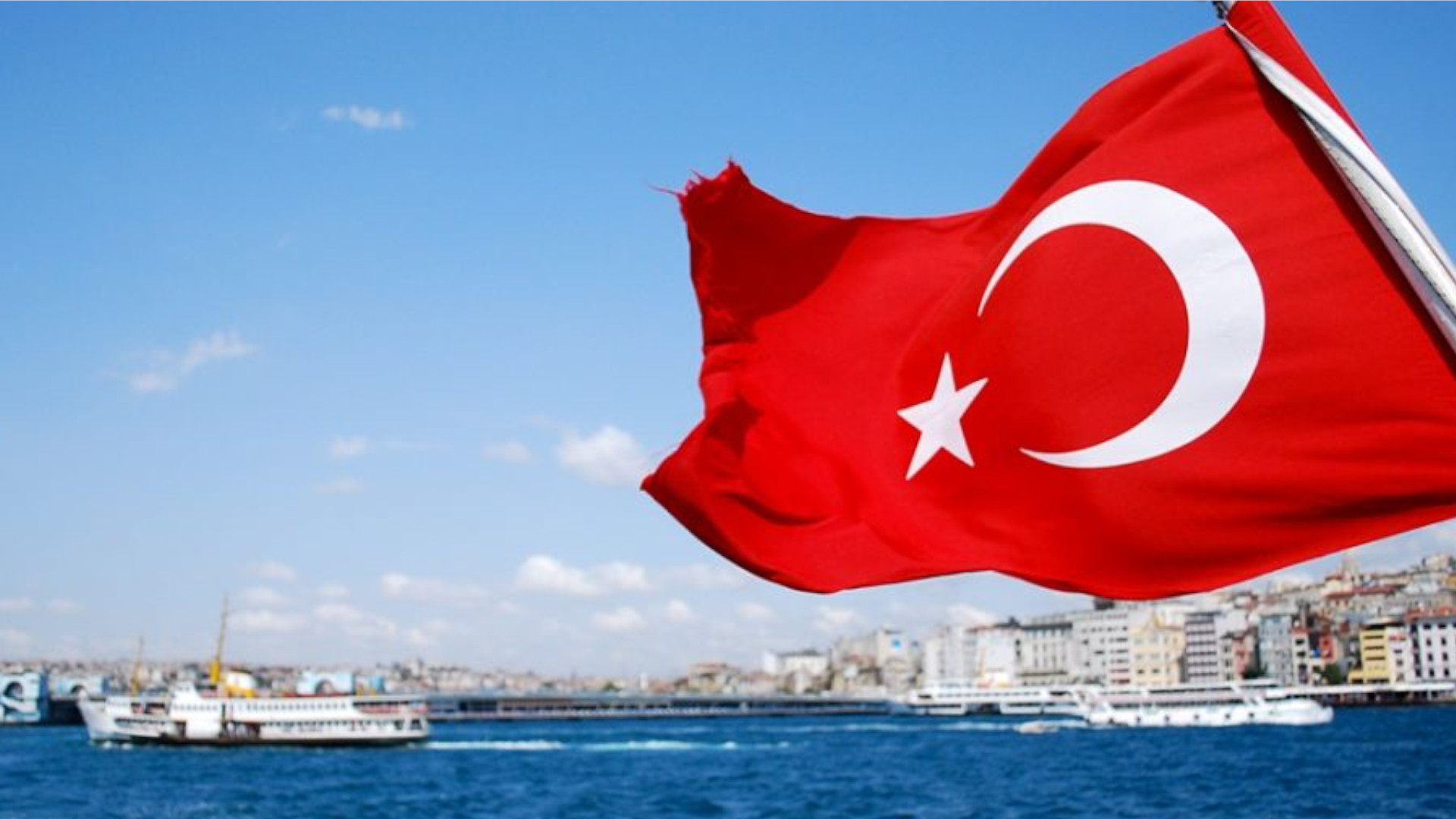Erdoğan government's election threshold engineering
The AKP and MHP recently announced a new agreed upon electoral threshold of 7 percent. The threshold has been speculated about as evidence of a breaking down of the alliance system. If the ruling parties run separately in the elections, it will provide some advantages, as it may be that the government can act together even if they do not stand together, but the opposition cannot act together unless they stand together.
Although the Turkish parliament is on recess, the tactical moves in politics have not slowed down. Despite that the government spokesmen stated that next elections will be held in 2023, election operations are moving forward quickly.
Most recently, the ruling Justice and Development Party (AKP) and its partner Nationalist Movement Party (MHP) announced that they have agreed on the ‘threshold’ of electoral law. The new electoral law, negotiated only between ruling partners, stipulates that the threshold will be 7 percent. The negotiations and the threshold have been sources of speculation. Why was there a need to lower the threshold? Why was it set at 7 percent? Almost all polls showed that the MHP votes remained below the previous threshold of 10 percent. Also, before any other announcement, the declaration of the threshold as a first item shifted attention toward the MHP.
The most ‘reasonable’ explanation could be that the MHP wanted to eliminate the election threshold issue that might leave them outside the parliament as happened in the 2002 elections. Recent polls show the MHP vote at around 7 percent, which supports this explanation. It is rumored that MHP leader Devlet Bahçeli ‘must have convinced his partner to bring the threshold down to his party’s level of votes.’ Some argue this primarily from the MHP, others say from the AKP. There have been some comments claiming that the partners were setting each other up via ceaseless allegations concerning the alliance “trapping each other and surrendering to each other.”
The efforts of the ruling partners to draft the most favorable electoral law for themselves are not new. In fact, the introduction of the alliance system before the 2018 election was the most advantageous method. However, given the current state of Turkey’s political climate, the advantages of governing with an alliance have significantly diminished. As a result, it seems the AKP and MHP are looking for how to make the electoral law suited to their own needs.
However, previous arrangements and preparations are hampering the opposition instead. What made the alliance system advantageous for the government was the assumption that the opposition would have trouble acting together. This aim became very visible in the physical attacks on İYİ Party leader Meral Akşener. On the other hand, there are reports that certain moves towards the Felicity Party have now reached the level of transferring deputies.
Breaking down the alliance system which has turned disadvantageous seems to be more important than an election threshold barrier. It is not a persuasive argument to say this change was made so that the MHP can pass the threshold - it is too simple. It is very likely that if the ruling parties run separately in the elections, it will provide some advantages. First, to gain back those voters who left the alliance parties in recent years. Certain commentators argue that the AKP is assuming they will gain back some of the losses of the Kurdish vote. It is also possible that the MHP will eliminate the AKP burden and call for a return to its nationalistic grassroots.
However, it will be more difficult for the opposition to form an election alliance if the ruling parties run separately. Because the glue of the opposition alliance is that the government has formed an alliance which makes it necessary for the opposition parties to act together against it.
If there is no ruling alliance, then the energy of the opposition to act together may have an unexpected drop. Especially within the main opposition, the Republican People’s Party (CHP), the motivation to reach an equivalent level of votes with the AKP, or perhaps more, is extremely enticing. We can also regard CHP leader Kemal Kılıçdaroğlu’s desire to become a presidential candidate within this framework. It is unclear whether the İYİ Party can support an alliance that will force every party to be the architect of their own fate. The other parties, Deva, Future and Felicity will also have a hard time, and will likely lose the momentum they have already failed to establish. The same goes for the Kurdish issue-focused Peoples’ Democratic Party’s HDP in terms of its isolation.
Aside from the new threshold, we do not know yet whether the government is planning other changes to the electoral law. At one point, there were reports that the much-talked about single-member district system was shelved for the moment because of MHP’s objection. However, perhaps a softer single member district option might still be considered. It was also rumored that additional thresholds could be introduced for parties joining alliances, and some arrangements could be made regarding constituencies. These options are still on the table.
In addition to these preparations, a constitutional package is also waiting to be dealt with. It is likely that the speedy handling of that package will be used to create some division in the opposition. On the other hand, the scenarios of a “post-Erdoğan” or “a safe exit for Erdoğan” are always talking points in the lobbies.
Starting next month, we can expect new development within this area. Efforts to put voter preferences into identity zones are unlikely to cease. It also appears that the government will work towards taking the state and state tools behind them and forming an ideological front that would demonstrate that there is no difference between the government and the state.
While polarization continues, it seems that an alternative is in the works to the strategy of minimizing electoral arithmetic into two blocks. This is because an election dynamic that is locked into identity zones, but where the blocks are fragmented, seems more advantageous to the government. In other words, the government can act together even if they do not stand side by side, but the opposition cannot act together unless they stand side by side.


 HDP might garner 15 percent of votes in next elections, says top pollsterPolitics
HDP might garner 15 percent of votes in next elections, says top pollsterPolitics Dream economy for dreamland TurkeyWorld
Dream economy for dreamland TurkeyWorld